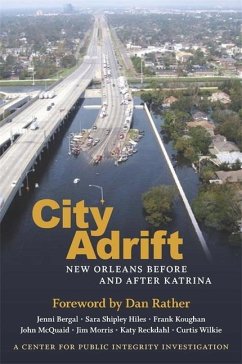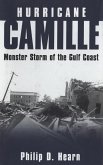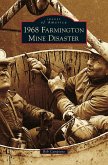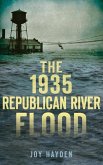Hurricane Katrina was a stunning example of complete civic breakdown. Beginning on August 29, 2005, the world watched in horror as every system that might have protected New Orleans failed. Levees and canals buckled, pouring more than 100 billion gallons of floodwater into the city. Botched communications crippled rescue operations. Buses that might have evacuated thousands never came. Hospitals lost power and patients lay suffering in darkness and stifling heat. At least 1,400 Louisianans died in Hurricane Katrina, more than half of them from New Orleans, and hundreds of thousands more were displaced. How could all of this have happened in twenty-first-century America? And could it all happen again? To answer these questions, the Center for Public Integrity commissioned seven seasoned journalists to travel to New Orleans and investigate the storms aftermath. In this book, they present their findings.
Hinweis: Dieser Artikel kann nur an eine deutsche Lieferadresse ausgeliefert werden.
Hinweis: Dieser Artikel kann nur an eine deutsche Lieferadresse ausgeliefert werden.








